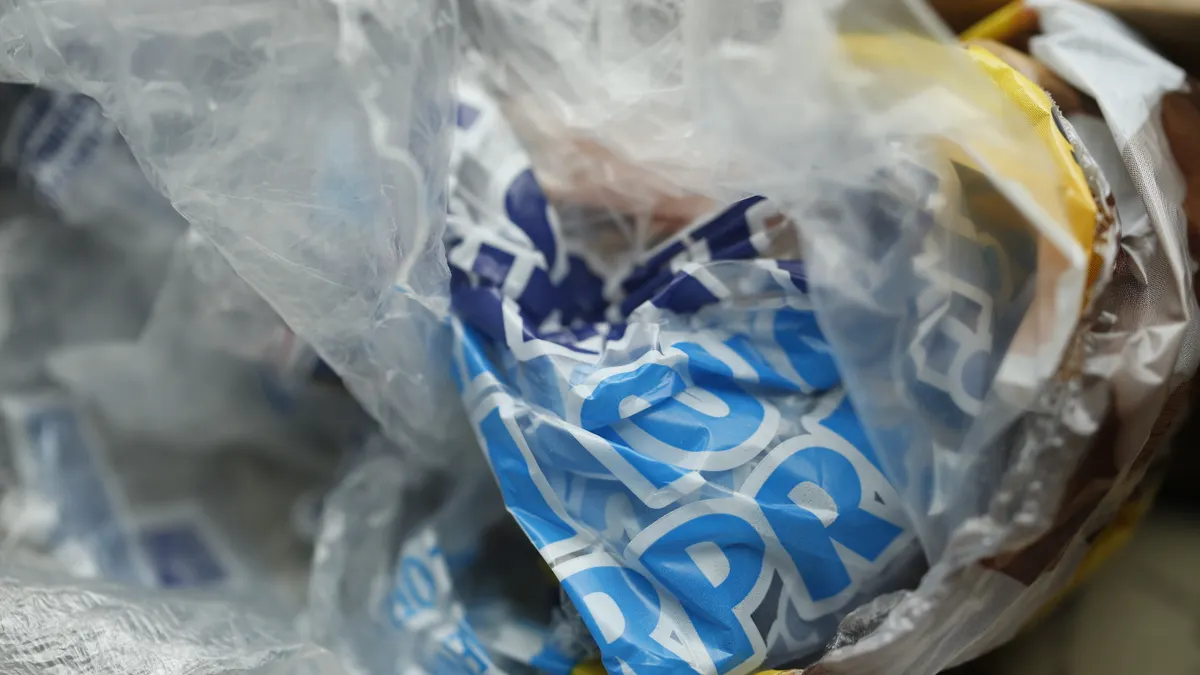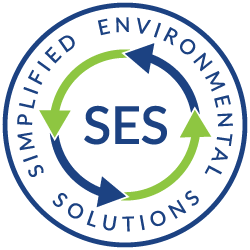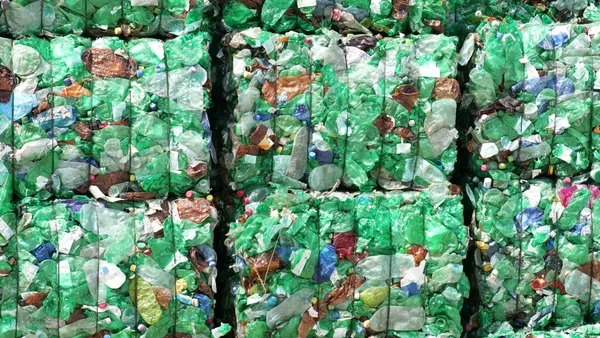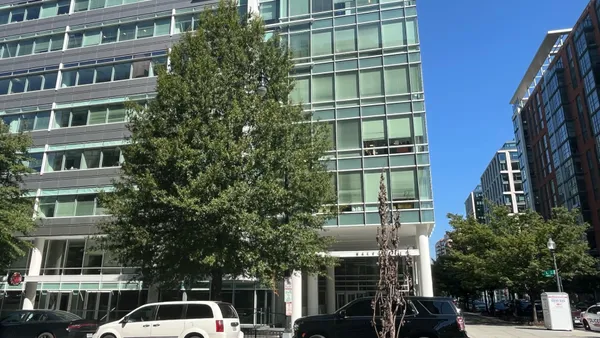Chemical recycling supporters say they will continue to advocate for certain pyrolysis processes to be classified as manufacturing, not as a form of incineration or waste management. The industry’s renewed calls for reclassification come as the EPA on June 30 published its final rule on changes to air emissions standards for certain small solid waste incinerators.
It’s a rule the industry had been monitoring since 2020 due to the previous Trump administration’s proposal to add language that would carve out certain pyrolysis operations from those emissions guidelines. The intent was to reclassify pyrolysis under separate manufacturing standards, a move plastics groups had advocated for.
The EPA under the Biden administration reversed that carve-out proposal in 2023, but the agency left the door open to future changes by saying it planned to continue developing pyrolysis regulations later on.
Now, the EPA says it will “not be taking additional action related to pyrolysis/combustion units in this action,” per the published rule. That closed the door to the possibility that the EPA under the Trump administration would restart its examination of pyrolysis under this particular air emissions rule.
The final rule leaves certain pyrolysis units to be classified as a “municipal waste combustion unit” under the Clean Air Act. The rule mainly applies to emissions limits for certain MSW incinerators that combust less than 35 tons per day and standalone incinerators for institutional waste from places like schools, correctional facilities and nursing care locations.
Industry groups say the final rule likely doesn’t apply to the types of pyrolysis operations typically used in chemical recycling, also known as advanced recycling. It also doesn’t clear up lingering confusion over how pyrolysis and other technologies under the chemical recycling umbrella might be regulated in the future.
“We urge EPA to clarify that advanced recycling is a manufacturing process, not a form of solid waste incineration, and should be regulated accordingly,” said Ross Eisenberg, president of the American Chemistry Council’s plastics division, in a statement.
ACC has been particularly active in advancing state-level legislation on the matter. The plastics industry has supported several other methods for establishing industry-friendly regulations in recent years.
So far, at least 25 states have adopted some version of this legislation. Nebraska and North Carolina are currently considering legislation with similar elements. Andrea Albersheim, director of plastics sustainability policy, said ACC supports only some elements of those two bills.
The Plastics Industry Association (Plastics) has also called for chemical recycling to be viewed as a key part of the Trump administration’s U.S.-centered manufacturing goals. The association said it is continuing to work with the EPA on efforts to "formally recognize” chemical recycling as a manufacturing process.
“By re-manufacturing plastic through advanced technologies, we can strengthen domestic supply chains, create American jobs, and reduce environmental impact. This is a strategic opportunity for the U.S. to lead in more resilient and sustainable manufacturing,” said Chris Rager, Plastics’ vice president of government affairs, in an email.
Yet environmental groups continue to criticize the chemical recycling industry, saying reclassifying it as a manufacturing process circumvents important — and more restrictive — environmental regulations.
Groups such as Beyond Plastics and Earthjustice have said chemical recycling processes can create air and water quality hazards, and that the industry’s scale and potential benefits are overexaggerated.
The battle over the legitimacy of chemical recycling has also played out in other state legislation, recently in extended producer responsibility bills. In New York, an EPR for packaging bill this year included a provision that would have restricted the state from counting chemical recycling technologies as recycling. The legislature ran out of time to consider the bill before the end of the session.
Yet investments in chemical recycling projects have continued, most recently in places like Texas, where specific projects have garnered support from the governor and the business community. In June, ExxonMobil announced its second chemical recycling unit was up and running in Baytown, Texas.
This story first appeared in the Waste Dive: Recycling newsletter. Sign up for the weekly emails here.













